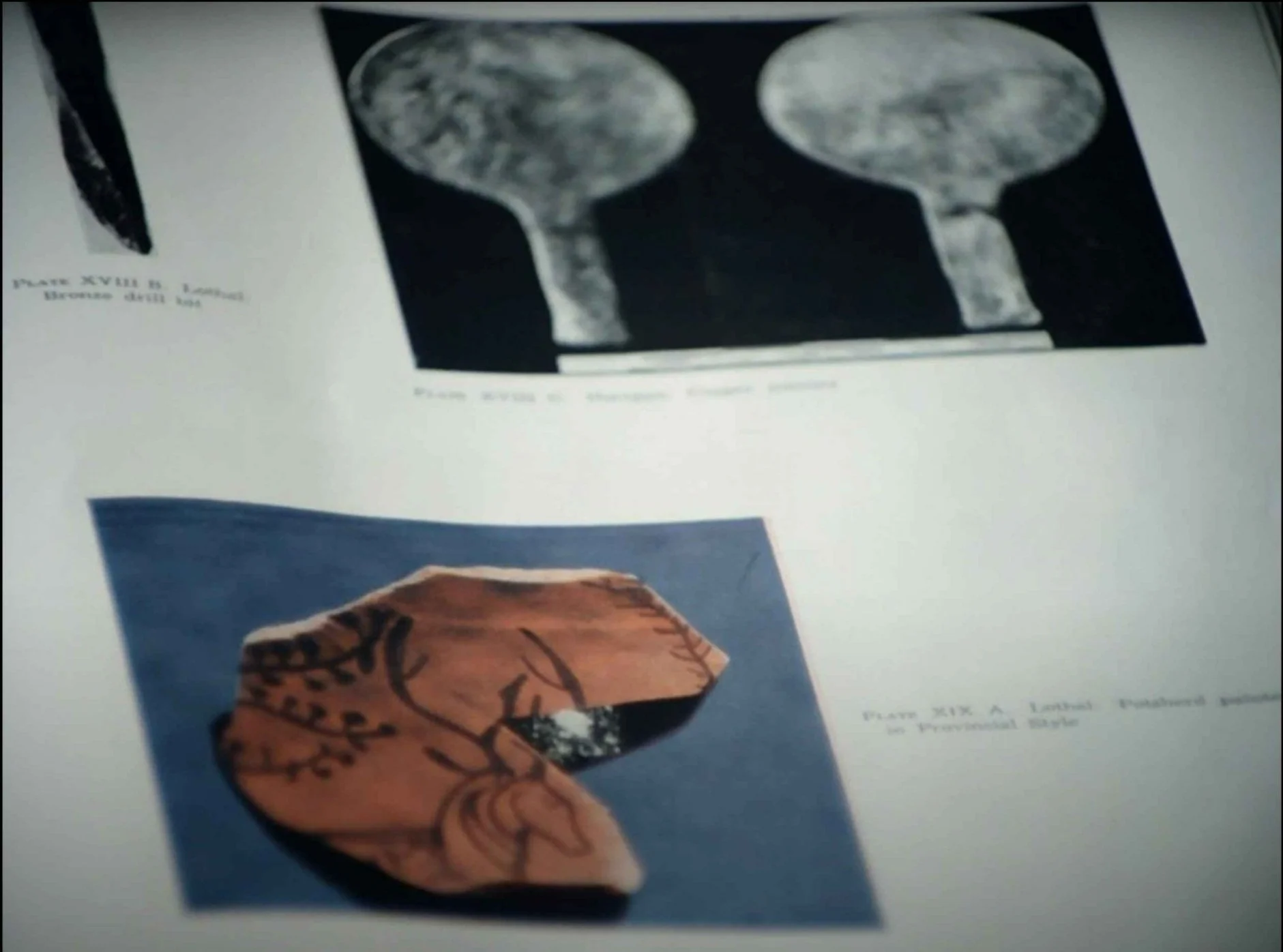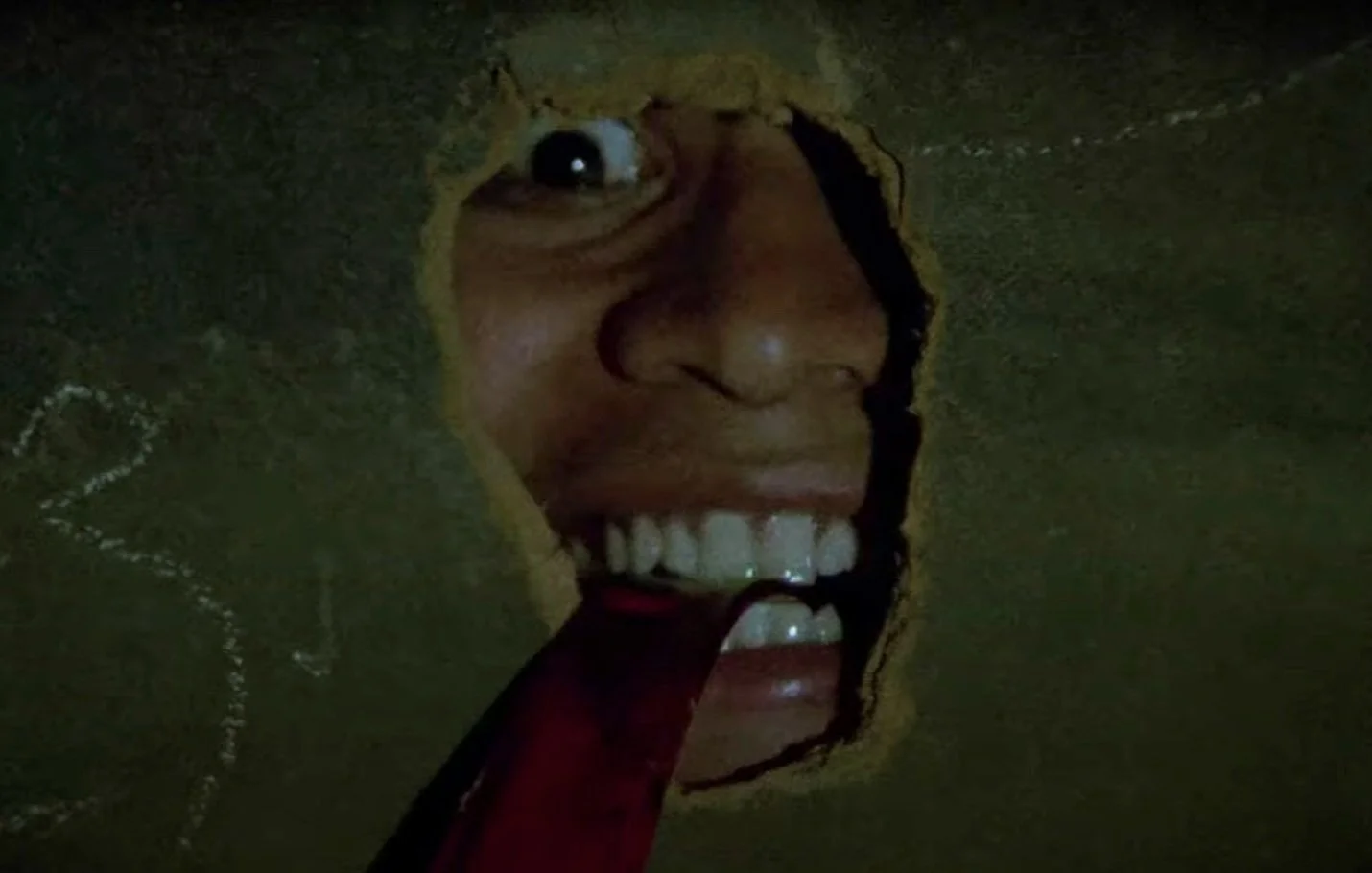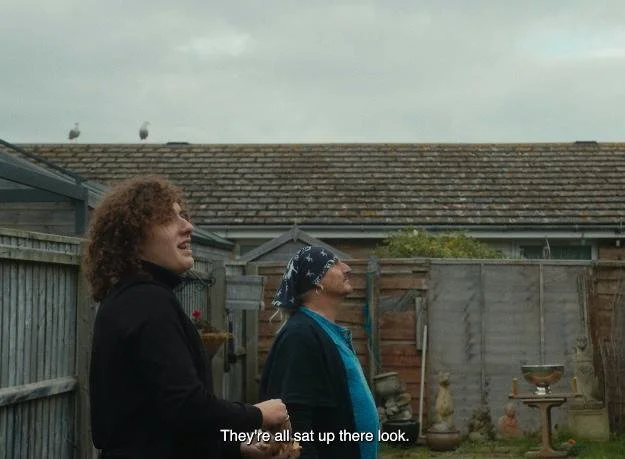Mati Manas (1985)
Mati Manas narrates the story of unknown and forgotten artists through their work left in remnants and archives. Directed by Mani Kaul, known for his indifferent approach and style in cinema, the film preserves the craft of rural Indian potters with contemporary dynamics.
Regents' Lecturer and film director Mani Kaul (25 December 1944 – 6 July 2011) was an Indian director of Hindi films and a well-reputed personality in New Parallel cinema. He graduated from the Film and Television Institute of India, where he was a student of Ritwik Ghatak and has been called “the stern poet of Indian cinema, who went his way regardless...” (Derek Malcolm, The Guardian). His films have been compared to those of Ozu and Bresson in their precise language and their contemplative restraint. Starting his career with Uski Roti (1969), he won the Filmfare Critics Award for Best Movie and went on to win four of them during his career. He later won the National Film Award for Best Direction in 1974 for Duvidha and further the National Film Award for his documentary film Siddheshwari in 1989.
In the year 1985, Mani Kaul was commissioned by the Festival of India to make a film about the art of clay pottery in India. His response was to wander on a tourist bus (with his film crew of twenty people) up and down North India looking at the lives and longings of ancient communities of potters. Museum curators complained that Mani Kaul had not stopped to film their exquisite pieces of one sort or another, but Mani Kaul was not interested in a catalog of fine art. He wanted rather to discover the myths and states of mind out of which pots were created and to render these through his shaping of cinema. “I wanted”, Mani Kaul says, “to know the anguish of the potter through my anguish as a filmmaker.”
As one of Kaul’s very first short documentaries, it expresses the sorrow about the disappearance of traditional art forms with the advent of industrialized production processes. Co-scripted with painter Akbar Padamsee, the film features themes that would also show up in his later works. In one of his interviews, he said “..all my life I have tried to find different ways to do away with linear narrative. That is why I was interested in documentaries… In my way, I have tried to bring poetry, documentary, and fiction together. We could call it a non-linear narrative. I have a great disdain for the linear narrative that exists, even if it is complex, even if there are many characters, even if it has a large canvas…”.
In 1971, he was a member of the jury at the 21st Berlin International Film Festival. He visited as a lecturer at Harvard University for the batch 2000–2001. On 6 July 2011 at his home in Gurgaon, near Delhi, after a prolonged battle with cancer, Mani Kaul passed away. In an interview, he stated: “The dividing line from my films and documentaries is thin. Some of my films like Siddheshwari are like poetic documentaries.”
Kaul was one of the co-founders of the Yukt Film Co-operative (Union of Kinematograph Technicians) in 1976, leading to avant-garde films. Critics opined in “Mani Kaul's cinematic conception, fiction and documentary films have no clear demarcated dividing line.” He also taught music in the Netherlands and was Creative Director of the film house at Osian's Connoisseurs of Art, Mumbai.
words JAGRATI MAHAVER
What to read next


















